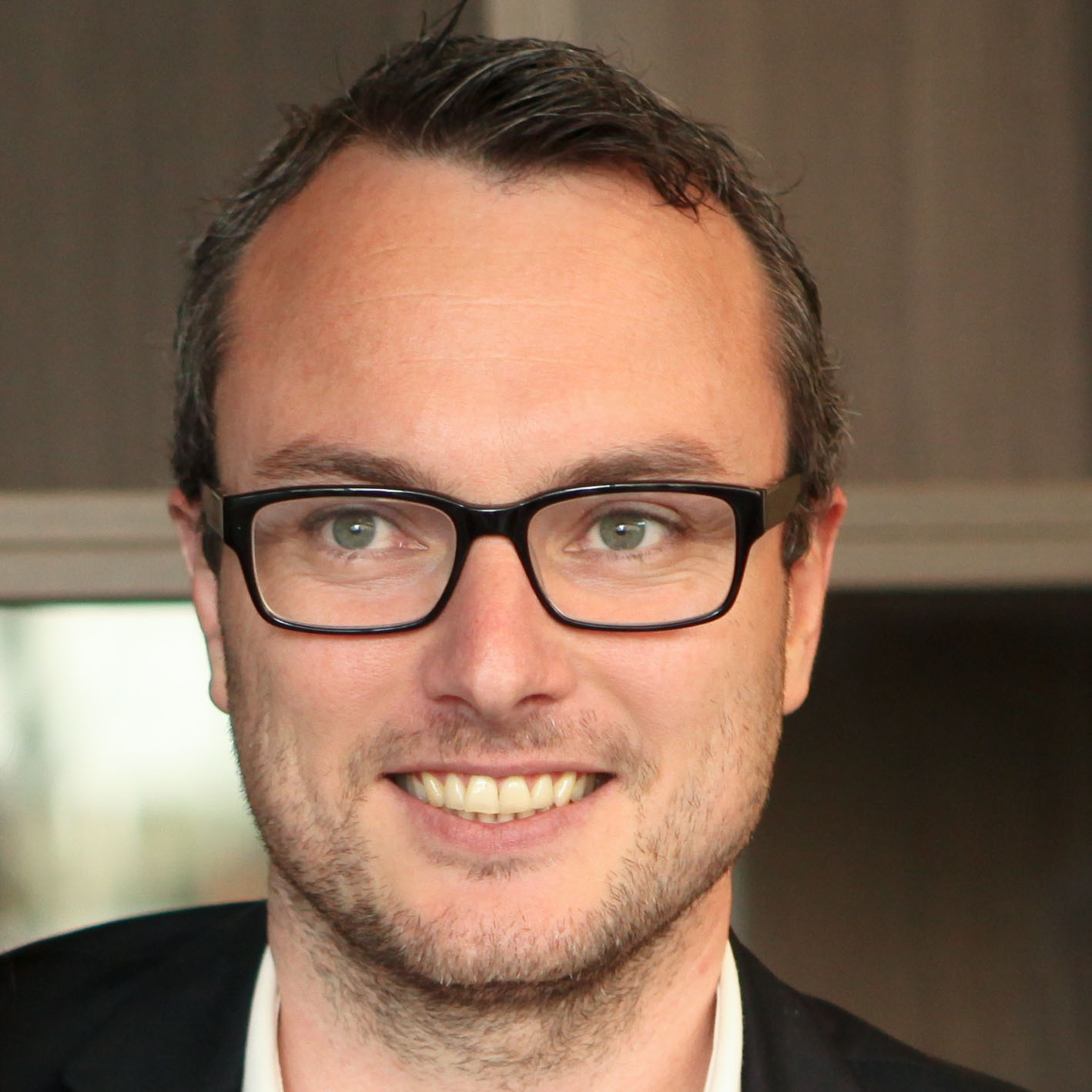We study the detection of the topological phase transition occurring in Rashba/Majorana nanowires with proximity-induced superconductivity using a quantum dot. The lowest in energy bulk states of such a nanowire have a spin polarization parallel or antiparallel to the applied magnetic field in the topological or trivial phase. We show that this property can be probed by the quantum dot created at the end of the nanowire by external gates. By tuning one of the two spin-split levels of the quantum dot to be in resonance with nanowire bulk states, one can detect the spin polarization of the lowest band via transport measurement. Thus, this allows us to determine the topological phase of the Rashba nanowire independently of the presence of the zero-energy Majorana bound states. Our work opens an entirely new path for experimental approaches to detect topological superconductivity. Our results demonstrate the feasibility of such measurements in realistic setups and thus provide a strong incentive for experimental implementations for many labs worldwide. Such experiments would be highly welcome by the community as they can provide independent support of topological phases, and in this way help to resolve the controversy surrounding the interpretation of zero-bias peaks as Majorana bound states.
Denis Chevallier, PhD
University of Basel
Denis Chevallier received his Bachelor and Master degree in Mathematical and Theoretical Physics from the Université de la Méditerranée (France), Department of Physics, in 2006 and 2008 respectively. Then, he joined the group of Thierry Martin at the Université de la Méditerranée too, where he received his PhD in Theoretical physics in 2011. At the end of 2011, he joined the group of Cristina Bena at the Université Paris-Sud IX (Orsay, France) as a postdoctoral researcher and two years later he moved to the group of Carlo Beenakker at the Instituut Lorentz in Leiden (The Netherlands) also as a postdoctoral researcher. From 2015, he is research associate at the University of Basel in the group of Daniel Loss and Jelena Klinovaja. His research is focused on two main topics. First, the transport, especially the noise and more generally the current correlations in mesoscopic system and second the topological states of matter where he is studying the topological properties of the bulk states and the Majorana bound states.
